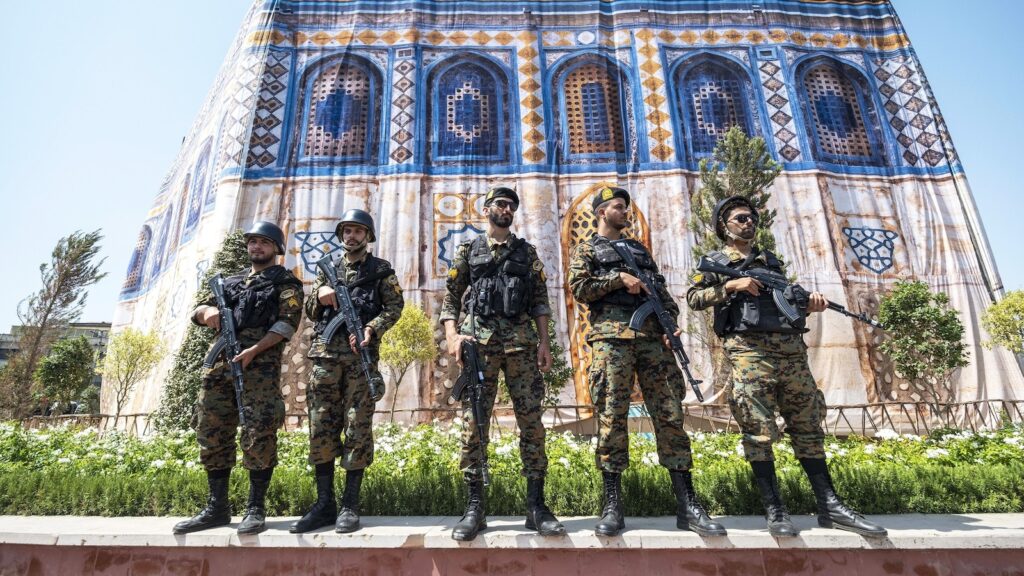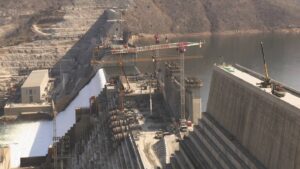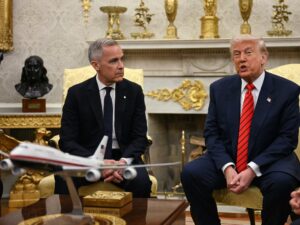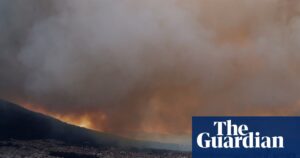
Three Iranian men were executed this week on charges of espionage for Israel, according to Iran’s judiciary. This brings the total number of executions on similar charges to six during the recent 12-day conflict between Tehran and Tel Aviv. The swift executions, occurring just 48 hours after a ceasefire was declared, underscore the Iranian regime’s aggressive stance in the wake of the conflict.
The announcement comes amid heightened tensions following a war that Iranian authorities claim resulted in over 627 deaths and thousands of injuries. Iran’s ISNA News Agency labeled the executions as part of a “season of traitor-killing,” reflecting the regime’s intensified crackdown on perceived internal threats.
Controversial Trials and Human Rights Concerns
Iran’s judiciary accused the executed men of collaborating with Israel’s Mossad intelligence agency. However, human rights activists argue that the men were Kurdish day-laborers with no access to sensitive information and were denied fair trials. Azadeh Pourzand, a Middle East and human rights expert, criticized the lack of due process in Iran, describing the regime as “very corrupt.”
The executions follow a pattern of repression that has characterized the Iranian regime’s response to internal dissent. Over 700 individuals have been arrested for alleged ties to Israel, according to Iranian intelligence, raising concerns about the safety of activists, journalists, and ordinary citizens.
Escalating Repression and New Surveillance Measures
In a move to tighten control, Iran’s judiciary announced changes to its “Espionage Law for Dealing with Citizens,” with a new committee formed to monitor online activities. State media has framed this initiative as an “intelligence jihad,” part of a broader national defense effort.
Samira, a student activist in Tehran, described the atmosphere as “extremely terrifying,” with security forces patrolling the streets. Pourzand warned that the new surveillance measures represent a “systematic and rigid form of repression,” further restricting public dissent and personal freedoms.
“This is collective punishment against ordinary people … in order to make a point and instill fear domestically, and to make points internationally,” Pourzand said.
Historical Context and Public Sentiment
The current crackdown echoes past responses to dissent, such as the brutal suppression of the 2022 “Woman, Life, Freedom” protests following the death of Mahsa Jina Amini. That uprising highlighted years of repression and economic hardship exacerbated by international sanctions and regime corruption.
While some Iranians initially hoped for liberation from dictatorship, the reality of the conflict has stirred mixed emotions. Parham, a 36-year-old Iranian, emphasized the need for international support in the quest for freedom, while others like Samira remain skeptical of Israel’s intentions.
“It’d be foolish to believe Israel’s objective was ever to free us from this regime,” Samira said. “They made it clear their only goal was the destruction of Iran’s nuclear capabilities.”
Leadership and Future Implications
Iran’s Supreme Leader Ayatollah Ali Khamenei recently made his first public appearance since the war began, asserting that Iran’s military actions were a “divine blessing” and a warning to Israel. However, many fear that the regime’s focus on external threats will translate into increased repression at home.
Pourzand expressed concern about the regime’s determination to maintain control, warning that the situation could worsen as international attention shifts away. The Iranian people’s struggle for freedom and stability continues amid a challenging geopolitical landscape.
“What’s already started is quite horrific,” Pourzand said. “Unfortunately, I think what’s coming will be even worse.”





